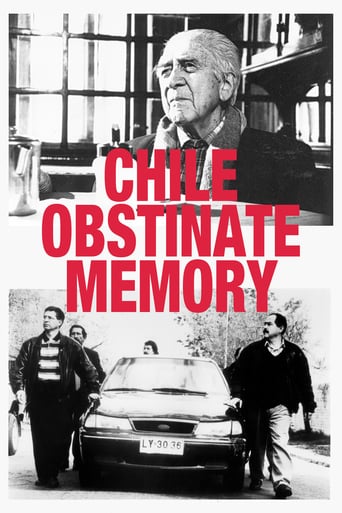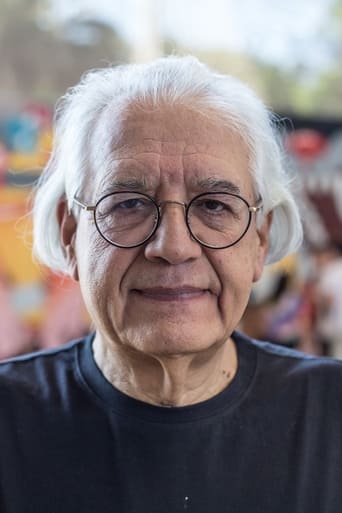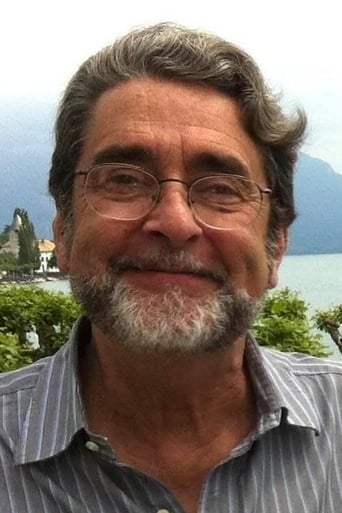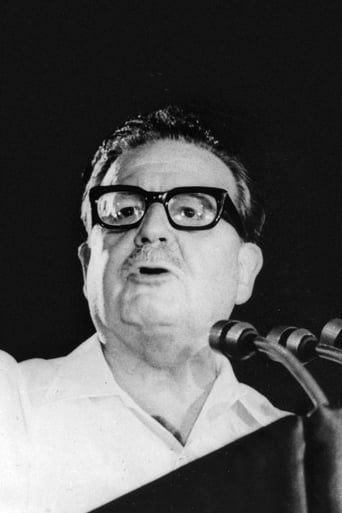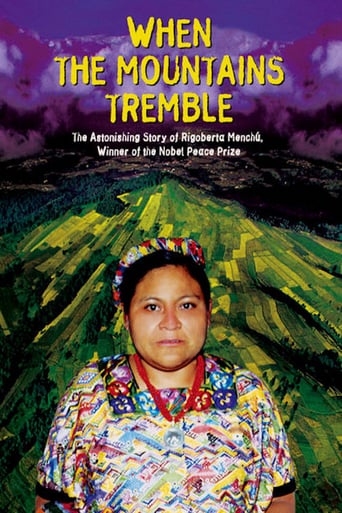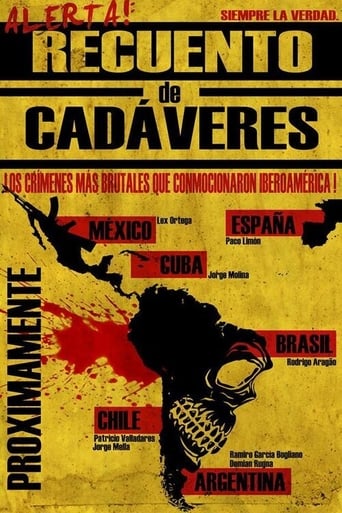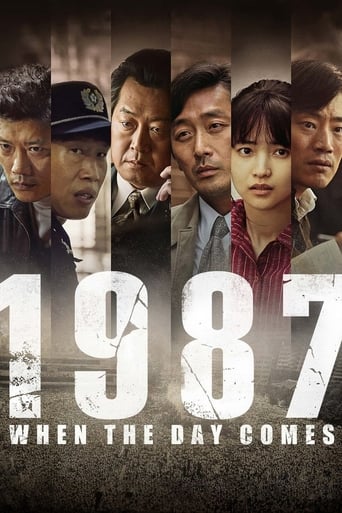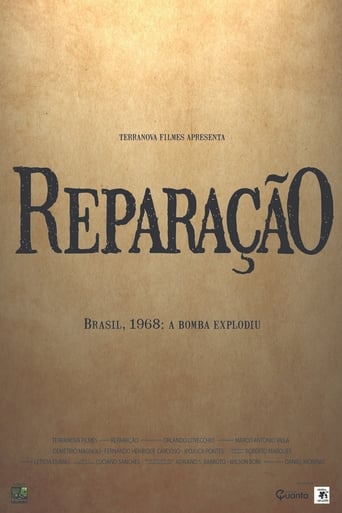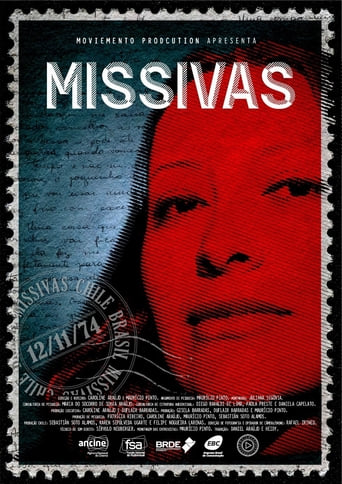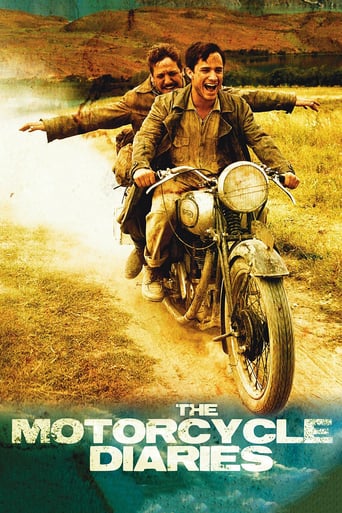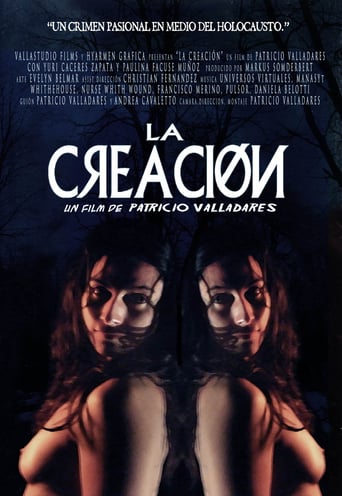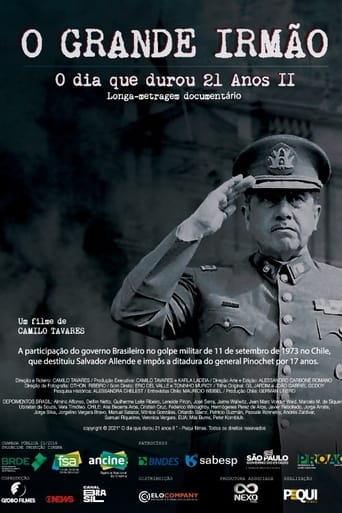Chile: Obstinate Memory (1997)
After decades of fascist rule in Chile, Patricio Guzmán returns to his country to screen his documentary The Battle of Chile.
Watch Trailer
Free Trial Channels
Cast


Similar titles
Reviews
good back-story, and good acting
Boring, long, and too preachy.
Better Late Then Never
Great movie! If you want to be entertained and have a few good laughs, see this movie. The music is also very good,
Wow I had to write in when I read the last review. Saying this movie is a one-sided view of Allende's government is a bit like saying Schindler's List isn't critical enough of Jews during WWII. Its just NOT what the movie is about -- its about how memory can do things politically - both through its repression (keeping a whole generation of Chilean kids in the dark about Pinochet) and its revelation. I saw this in a public theater during a Latin American film festival and I've never seen such an enormous shared emotional reaction to a documentary. The scenes where Guzman (director) shows his earlier film, Batalla de Chile, to young Chileans whose parents told them that Allende was just a stupid commie -- when these kids see for themselves what really happened for the first time, and Guzman focuses the lens on the reactions on their faces - its just unforgettable. Rent it -- you wont regret it.
This pseudo documentary is just passable, but not that interesting. The people interviewed do have a point of view and it is Leftist, but they simply are not convincing, compelling, or even entertaining.One of the most damning statements the film included was the fact that very few had died to prevent a subjugation of a country's freedom; far fewer than ever in history. Actually, all of the students statements were more balanced than the protagonists' and the most honest part of the film.It's a biased documentary, but there is some interesting historical footage that helps flesh out the conditions of the time.
Patricio Guzman has spent most of his adult life producing film of the fall of Allende in Chile. This film is as pro-left dishonest in its own way as are the pro-right films/books concerning Chile in the 1970's. At no time (perhaps I missed it) did I see any note concerning the fact that the Allende Government was a collaborative government of Socialists & Communists. Without active & massive communist support, Allende would never have been elected.I consider it impossible that one can watch this type of politically generated film and gain an understanding of the complexities of the times. At one point in the film, Guzman states that Allende wanted to make some basic "social changes." A slight understatement of "basic:" (1) Breakup of private land ownership; (2) nationalization of various industries; (3) ousting of all foreign ownership in Chilean companies (as was normal for Socialist/Communist takeovers - no or minimal payout to the foreign owners who has forked over the capital to invest in Chile).......etc.etc.
Not only is the subject interesting but the way the movie has been directed too. The film is built around parallels between today (1997) and Salvador Allende's time in Chile (1970-1973), including Pinochet's coup d'état. We see many people, many places, then and now (Patricio Guzmán was a filmmaker in Chile at that time). We hear all the way Guzmán's uncle trying to play Beethoven's Moonlight Sonata with his 80-year-old fingers and his failing memory, which gives a special color to the whole film. We also hear many thoughtful reflections from interesting people about memory. The final part, where we can see students watching the documentary about Allende's time and the coup, and learn and reflect about the history of their own country, is very moving.One must say however that the way Allende's experience is presented is one-sided. People are correct when they say that Allende and his supporters had a dream about democracy and justice, but nowhere is there any hint that at the time of the coup, the country had been in a social and economic chaos for two years because of Allende's poor results as a government. Of course, that can't excuse Pinochet's regime, but it could have added a useful dimension to the whole story. Anyway, the movie is not an apology for Allende as much as a reflection about remembering painful personal and collective events after almost a quarter of a century.

